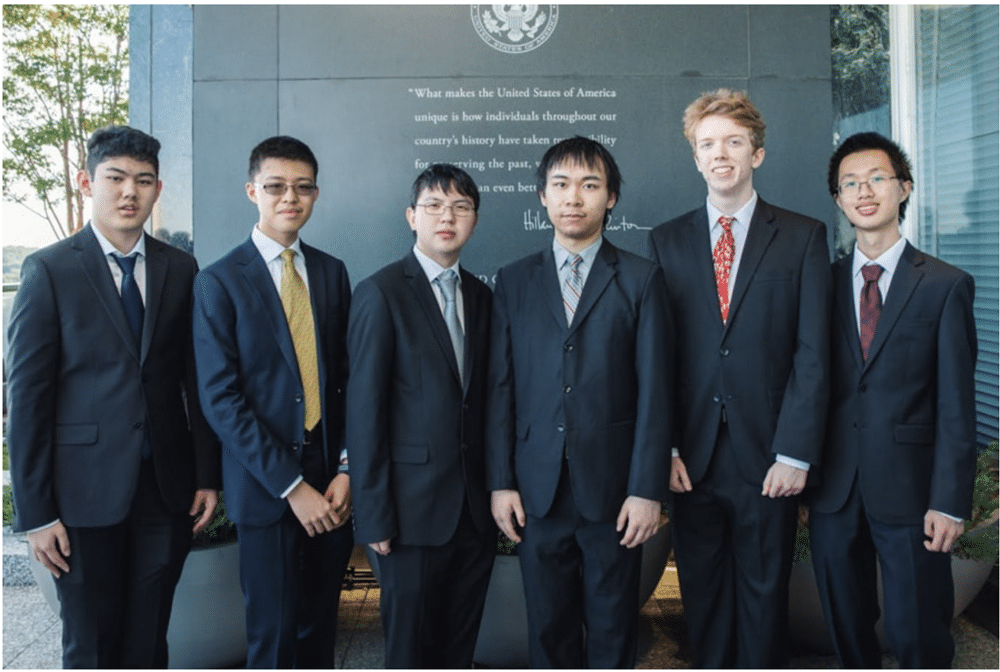
Participants in the International Mathematics Olympiads (IMO) represent the brightest of the bright. They have very high SAT scores, qualify for the best university programs, and have their pick of virtually any career they wish to pursue. Having these options, do they complete a Ph.D. in mathematics and enter academe or do they move into other professions?
In his seminal book, A Mathematical Mosaic, Ravi Vakil, Professor of Mathematics at Stanford, and current President of the American Mathematical Society, traced the careers of a dozen of the IMO superstars following their graduation from university. A snapshot of the careers of 11 Mathematics Olympiad medal winners, between 10 and 20 years after their victories is provided in table 9–3 from that book.
Vakil, himself an Olympiad winner par excellence, won a Silver Medal in 1986 at the International Mathematical Olympiad (IMO) in Warsaw, a Gold Medal at the IMO in Havana in 1987, and another in Canberra in 1988.
While some Olympiad winners, remain in academe, conducting research, others march to the tune of a different drummer as they pursue their university studies and choose a career. Pablo Emanuel, a former IMO Olympiad winner wrote:
For those of you who aren’t old enough to remember, the late nineties were known as “the dot-com bubble”, so, right after graduating, some colleagues and I immediately founded an IT consulting startup. For the first couple of years, I could manage to work on both my company and my PhD, but it was becoming increasingly clear that one of them would have to give. So, the reality is that, as others have said, I haven’t really “failed” at becoming a mathematician, but rather succeeded at having other carreer options that I found more fulfilling. See: Pablo Emanuel’s answer to Why do many IMO Olympians fail to become mathematicians?
David Ash reported:
I was an IMO gold medalist in 1981 (albeit that was an easy year with more gold medalists than usual) and a three time Putnam fellow, just missing the fourth time. So I definitely had some success doing the math contest thing as a kid…However at a certain point I recognized that research math is very different from contest math … Once I got beyond the contest stage and into the research, [it] led to me evolving away from pure math and more into computer science.
Yves Shen answered:
I am from China and all the IMO Olympians that I know are actually IMO gold medalists, so my answer may be biased. Many IMO medalists chose other careers rather than maths. Some are in finance and some others in IT industry—after all the society does not need many mathematicians, and working in industry provides a much better pay with less hours and intensity. So if they are not that into maths it is actually quite wise and good for them to quit maths.
It seems that there is a wide variety of career paths available to those at the top of the IQ scale. While academe is a popular choice, there are many who flow into investment management, computer applications, entrepreneurship and the professions of law and medicine. The choices seem to emerge from a combination of personal goals and available opportunities.
